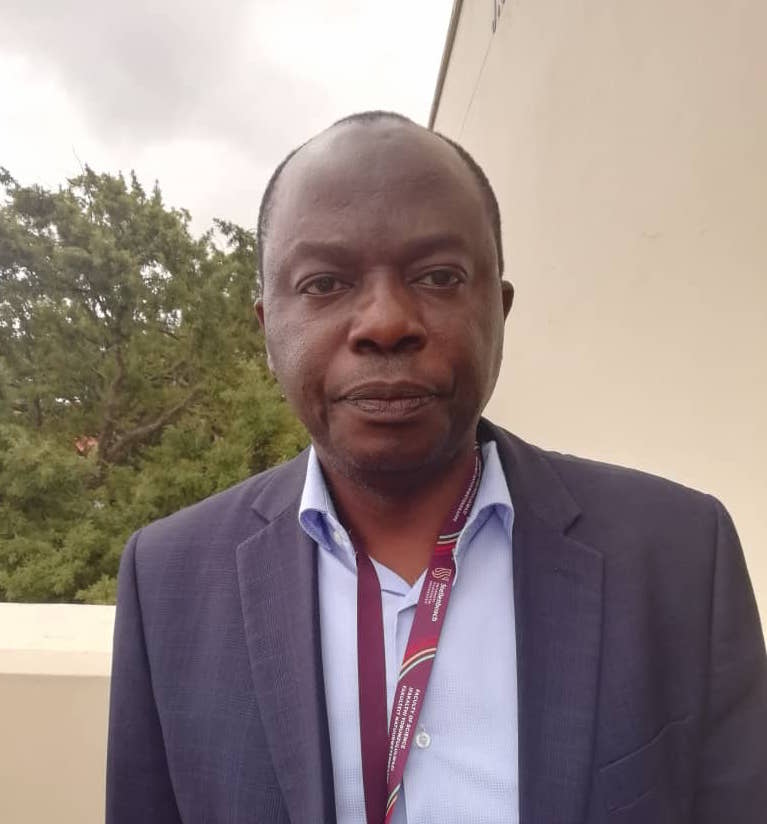|
Getting your Trinity Audio player ready…
|
By Nhau Mangirazi
Cape Town, South Africa – The United Nations Educational, Scientific and Cultural Education Organization (UNESCO) senior regional science programs specialist Martial Zebaze Kana has called on the media to articulate science stories with a bearing on communities.
Speaking during the science training course here, Kana said the media remains part of a global approach to scientific matters that transforms community wellbeing.
The training is being held under the theme ‘‘Building science communication capacity in Africa’’.
‘‘The media plays a critical role in setting and sustaining the agenda for science reporting and communications within Africa and beyond. We need to take advantage of the demographic dividend in the Southern Africa Development Community (SADC) where the youth comprises 75% of the population. The youths should be involved in all facets of the economy including science communication,’’ said Kana.
He added that the inclusion of youths and women in regional training is impressive.
‘‘I am heartened to know that a deliberate effort was made to include the youth and women in this training and we believe that the benefits from such actions will be huge.
‘‘Science communication is a key in addressing many of the challenges the world is facing today such as climate change, water insecurity, energy insecurity and diseases among others,’’ said Kana
He added that science communication is part of transformational change,
‘‘As media and science communicators, you have a responsibility to tell science stories that improve the lives of people as we face sustainability challenges. Your continued coverage of these issues presented in a non-technical way will help the ordinary person to easily understand and be involved in solving the issues,’’ added Kana.
He gave assurance that UNESCO will continue to work with all stakeholders to build the capacity of journalists and media practitioners in Africa.
‘‘As UNESCO, we will support media and science communicators in order to bridge the gap between work done by scientists and researchers, and how it is received and perceived by the public. I look forward to seeing more of your work in improving the lives of the public through responsible scientific reporting,’’ said Kana.
The capacity building workshop is being implemented within the context of the SADC Protocol on Science, Technology, and Innovation (STI) as per Article (4) which identifies one of the areas of cooperation – the need to promote public understanding of STI by launching programs to demystify it.
The training is being held in the run-up to the World Science Forum in Cape Town (6-9 December 2022). That will be under the theme ‘‘Science for Social Justice.”
Hosted by Stellenbosch University, the training is courtesy of a partnership of UNESCO, the SADC secretariat, the South Africa Department of Science and Innovation, the National Research Foundation, the South African Agency for Science and Technology Advancement, South African Science Journalism Association and the World Federation for Science Journalists among others.
Participants from Botswana, Cameroon, Egypt, Ghana, Kenya, Nigeria, Mozambique, Namibia, Rwanda, Tanzania, Uganda, Lesotho, Swaziland, Zambia, and Zimbabwe attended the training while some under the World Federation of Science Journalists from Bangladesh, Canada, Colombia, Germany, India, Iran, USA, Mexico, Yemen, and Poland joined the training online.
